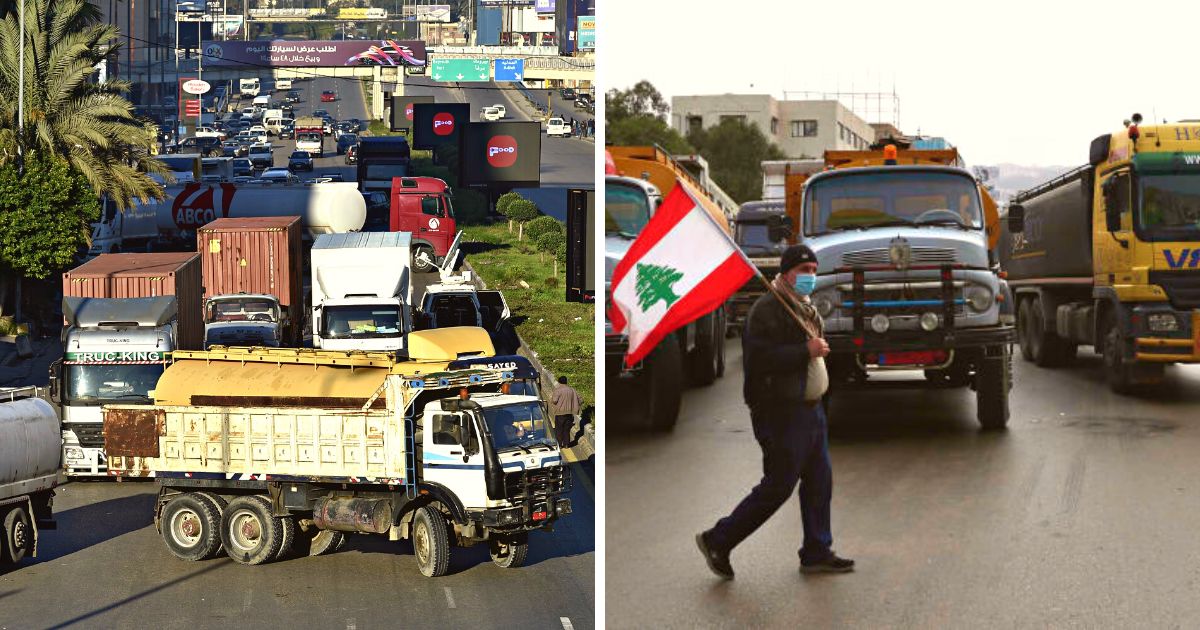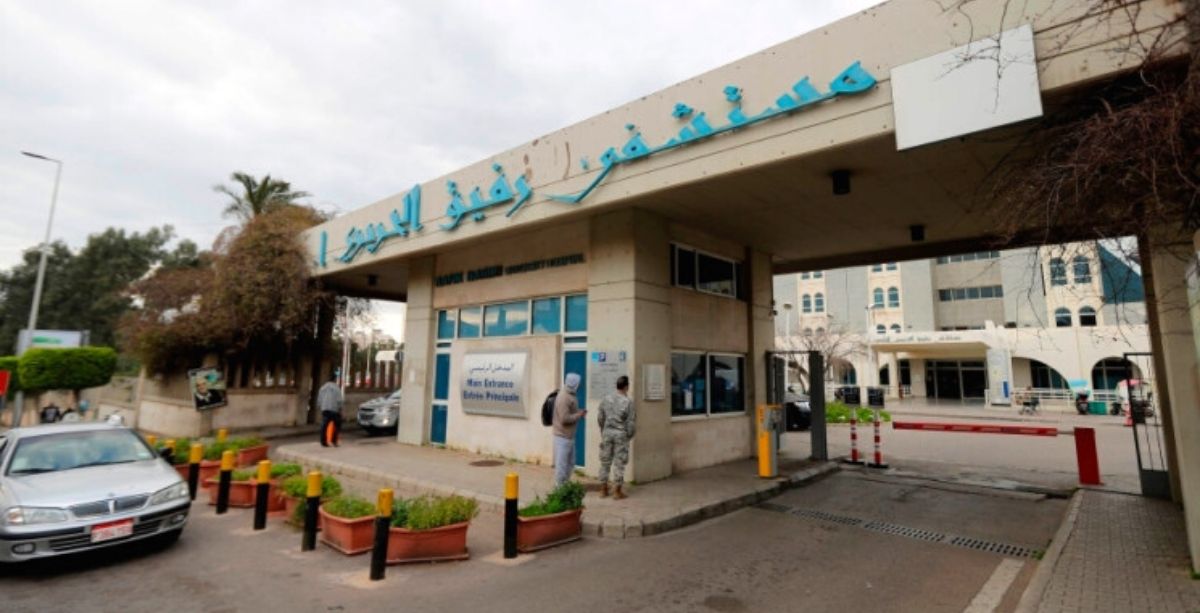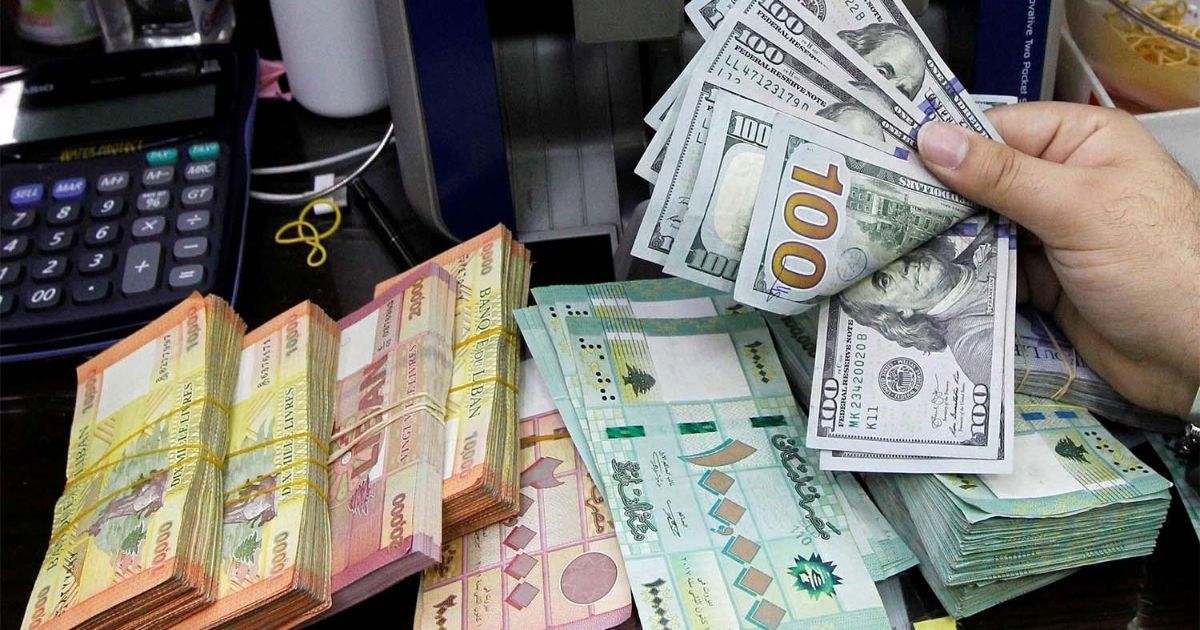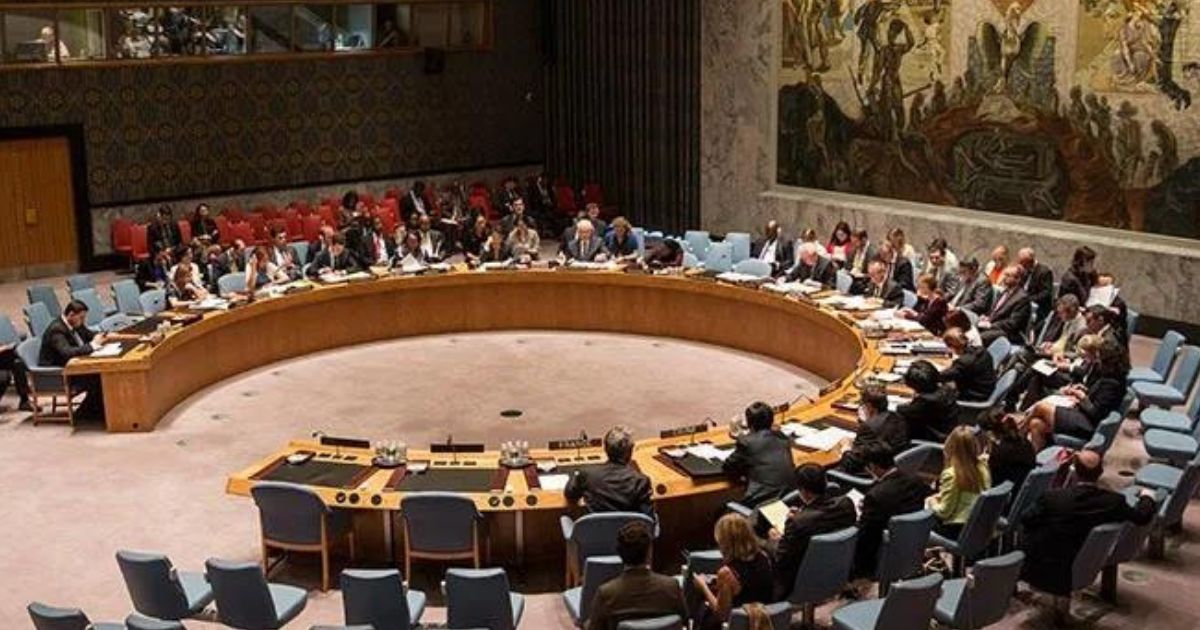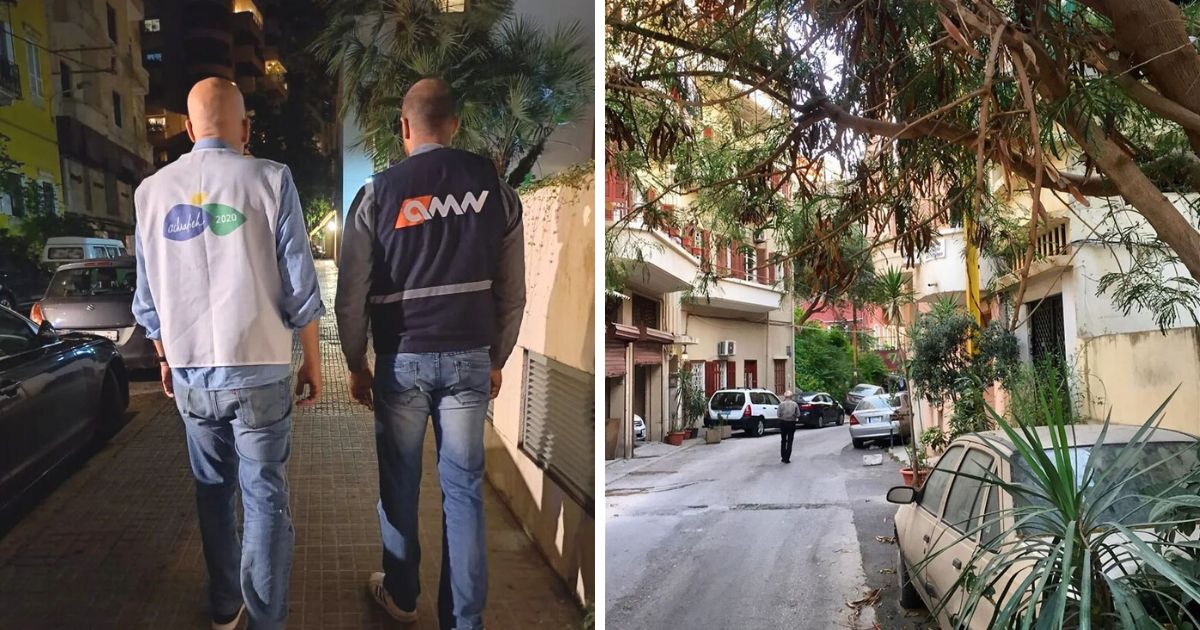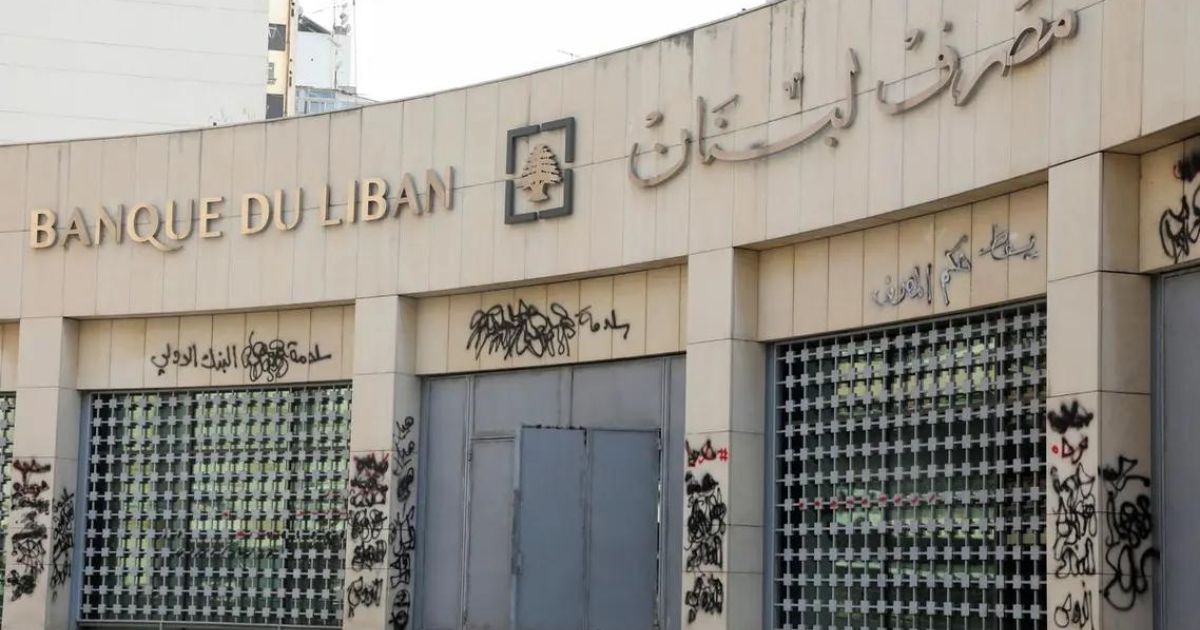UNICEF in Beirut launched its semi-annual report, through which it monitors the everyday life of children in Lebanon in light of the economic crisis and its social repercussions.
The press conference was held in Beirut and entitled “Deprived Childhood: The Suffering of Children in Lebanon Exhausted by the Weight of Crises”.
Multidimensional Poverty
According to UNICEF, three years of successive devastating crises in Lebanon have plunged children into a cycle of poverty, negatively affecting their health, well-being, and education, destroying their dreams, and destabilizing family relationships.
The report showed that the results of the progress that Lebanon has made towards providing basic rights for children have significantly declined due to the economic crisis and the Covid-19 pandemic.
The outrageous price hikes and widespread unemployment in the country caused thousands of families to fall into what UNICEF described as “multidimensional poverty.”
This term is an expression of a new concept of poverty, based on many dimensions of deprivation, which severely affected their ability to provide for the basic needs of their children.
Lost Confidence In Parents
These factors, according to UNICEF, have strongly affected the mental health of children, who are unable, in most cases, to obtain the care they need, and in parallel, feel frustrated, having lost confidence in parents for their inability to meet their basic needs, which increases tensions within families.
During the past few days, Lebanon witnessed an unprecedented rise in recorded cases of violence against children, which varied between torture, beatings, rape, and shooting.
The parents, who were the perpetrators in several cases, raised the concern of the Lebanese public opinion and an uproar on social networking sites, where the Lebanese demanded accountability of perpetrators and justice for children.
Shocking Results In Terms Of Living
The evaluation conducted by the organization through a telephone survey, during the period from 13 to 27 June 2022, included 1,500 families with at least one child: 700 Lebanese, 300 Syrian refugees, and 400 Palestinian refugees.
The evaluation revealed shocking results in terms of family expenses and living costs.
It was found that 84% of families do not have enough money to cover the necessities of life in Lebanon, while 38% of families have reduced education expenses compared to 26% in April 2021.
Also, 60% of families have reduced spending on health treatment, compared to 42% in April 2022.
70% of families currently pay for food purchases by accumulating unpaid bills or through direct borrowing amid increasing consumer price inflation, and 36% of caregivers feel they have become less tolerant of their children and treat them more harshly.
Related: Lebanon Just Recorded The Worst Food Inflation Rate In The World




